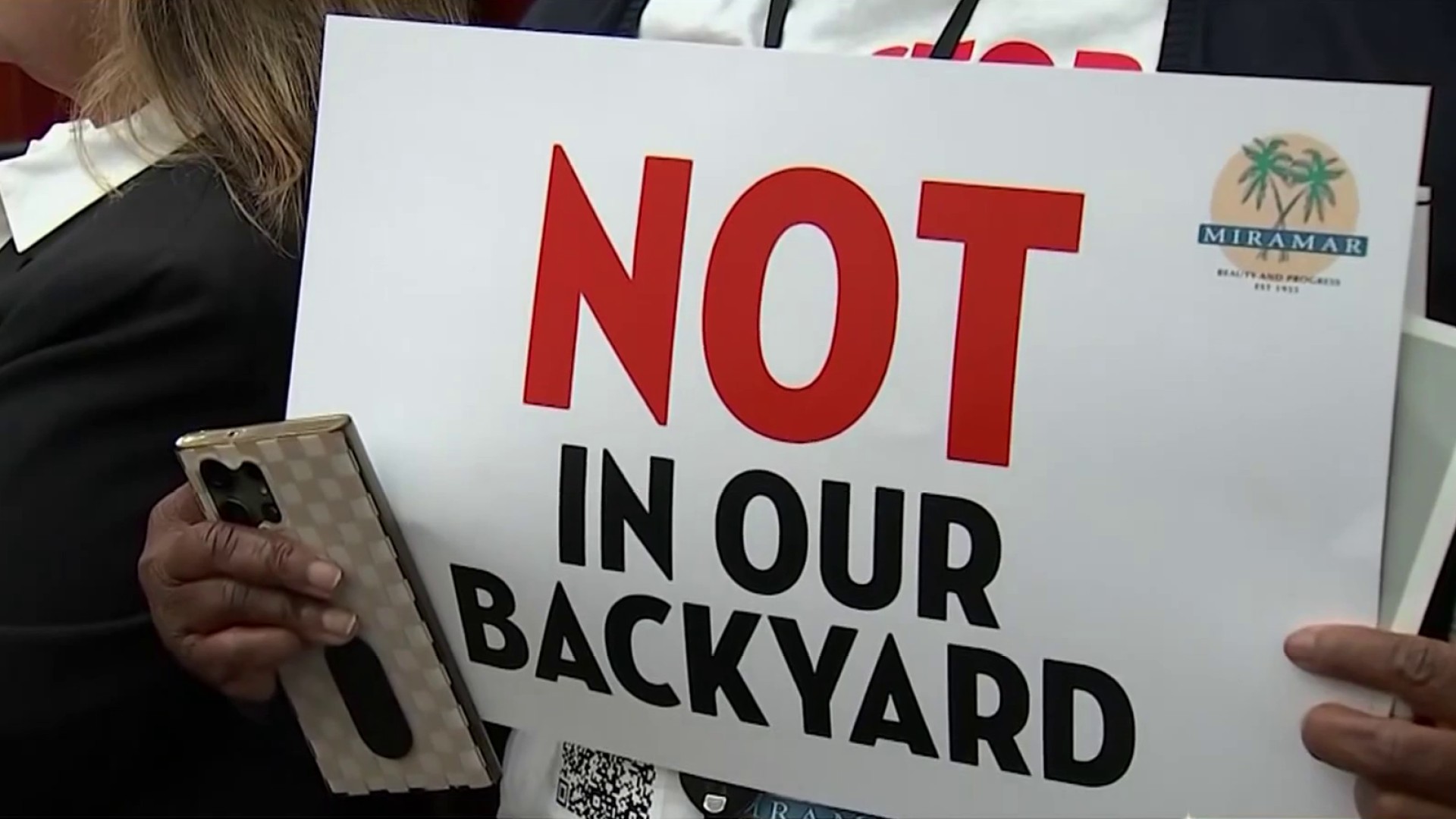It's not always climate change. I am very sensitive about this. It is incorrect to blame each and every extreme weather event on global warming and climate change.
Some climate change awareness, education, and advocacy organizations that I follow on social media can, at times, be too quick on the trigger.
Yes, the dice are loaded, the deck is stacked, and the propensity for a myriad of dangerous weather and water extremes is higher in a warmer world.
However, 100-degree days in Houston or three-inch downpours in Hartford have happened in the past, and will happen again.
But then you get a week like this one.
We started last week with many areas around Miami and Fort Lauderdale seeing some of the worst salt-water flooding in years. Seawater came up through the drains and spilled over sidewalks, even without a drop of rain.
In Miami Beach, where dozens of pumps are being installed at a cost of almost a half-billion dollars (can you say “carbon tax”?), several main road arteries required twice-daily closures as they became impassable during high tide.
Local
Salt-water flooding during King Tide in Miami Beach is nothing new. But it’s becoming deeper and more widespread as land subsides and sea level rises due to thermal expansion of the ocean and ice-melt caused by global warming.
Later this month we’ll do it all over again as tides are predicted to be about as high as they were this week.
Meanwhile in the Atlantic, Major Hurricane Joaquín was setting records. While reaching its maximum intensity with sustained winds of 155 miles per hour at 26 degrees north latitude on Saturday, Joaquín became the strongest hurricane on record that far north in the Atlantic basin this late in the year.
Climate studies have shown that as the ocean warms, there’s a trend for stronger tropical cyclones forming or sustaining themselves over waters further north in the Atlantic.
For the Bahamas, where widespread damage was reported in the south-central portion of the archipelago, Joaquín was the strongest October storm since 1866 and the first major October hurricane since Hazel in 1954.
Finally we ended the week with catastrophic weekend floods in the Carolinas, especially in Charleston, South Carolina. The rain was still falling as I wrote this late Sunday, but some locations had received two feet of rain already in what is categorized as 1,000-year event (probability of occurrence in any one year 0.1 percent).
Among the contributing factors to this epic rain: Hurricane Joaquín’s plume of moisture; a wavy, meandering jet stream (which some studies link to Arctic warming); and the increased ability of warmer air to hold more moisture, leading to more water being precipitated out of a cloud. This last element has indeed led to very heavy downpours happening more often in the U.S.
To me, this was a week in which climate signals were coming at us from all directions. Maybe any of these three events independently can’t be blamed on global warming. But looking at all the events collectively, this week screams climate change. Is it loud enough for you?



